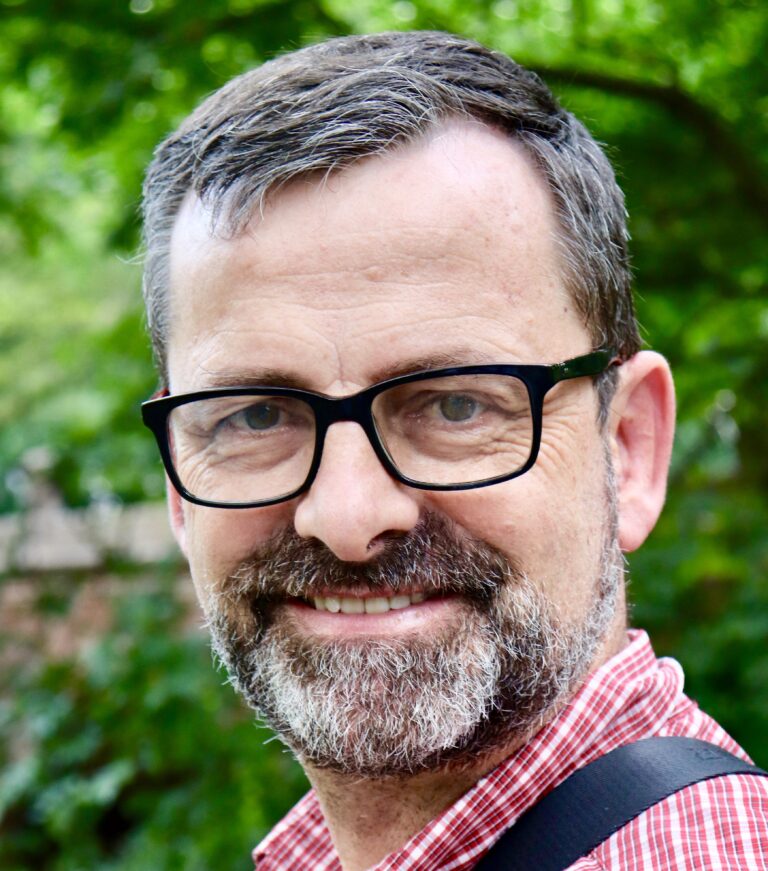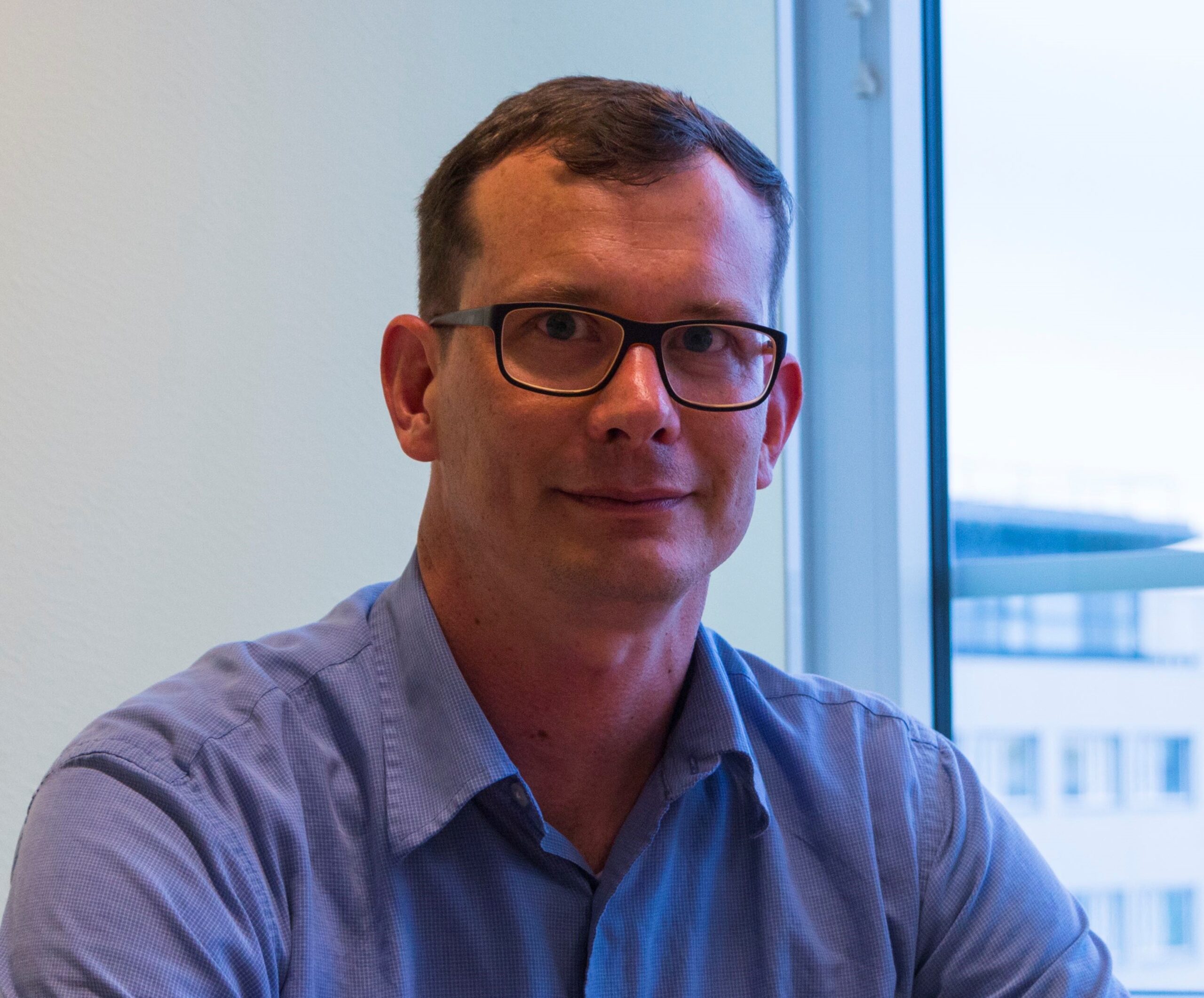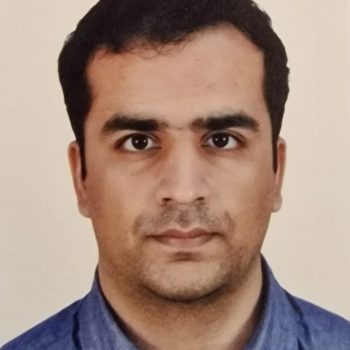The Department of Precision Medicine is a disease and discipline-agnostic department with international group of highly motivated researchers at the University of Maastricht (UM). The Department of Precision Medicine consists out of the D-Lab, an AI lab focused on Decision Support System (DSS), the M-Lab, a molecular lab focusing on targeting the tumour microenvironment and using genetically modified bacteria colonizing the microbiome for therapeutic purposes and the the Clinical Trial Unit+ (CTU), the CTU is a datacenter specialized in (virtual) clinical trials and In Silico experiments based on real and synthetic data.
The D-Lab involved in RadioVal, excels at applying machine learning methods, such as deep learning, on vast amounts of medical data in order to improve the lives of patients, with a focus on decision support systems and personalizing treatment. Its scientists are one of the inventors of “Distributed learning” a revolutionary Big Data approach for health care, “Radiomics” and “multifactorial Decision Support Systems” and have extensive experience in transformation of patient data into clinical tools, translational medicine and subsequent entrepreneurial activities, semantic web technology, ethics involved with personal medical data ownership and utilization and in silico simulation of cancer.
The Department of Precision medicine is embedded in the Research School GROW and the Faculty of Health Medicine and Life Sciences at Maastricht University.
UM in RadioVal
The Department of Precision Medicine is mainly involved in WP2 and WP4. In WP2 they have the lead in Task 2.5.: Standardised reporting of evaluation studies with the Radiomics Quality Score 2. UM will develop the RQS 2.0 to standardise the reporting of radiomics fairness, robustness, explainability, usability and applicability.
In WP4 they will lead T4.3. Preliminary evaluation of radiomics usability and explainability. UM will pilot test radiomics explainability with the clinical partners by using the Radiomics Explainability Scale from WP2, to preliminarily rate different options (e.g. based on semantic annotations).
Prof. Dr. Philippe Lambin
Prof. Dr. Philippe Lambin (“ERC Advanced” Grant laureate) is a clinician, radiation oncologist and a pioneer in translational research with a focus on imaging (he published the first paper on Radiomics and was senior author of the most cited Radiomics paper) and Big Data in health care. He has successfully led multiple multicentric trials (e.g. www.eurocat.info) and has been praised for his leadership. He has a PhD in Radiation Biology and is head of the department of Precision Medicine at the Maastricht University. He is leading several clinical trials and has a keen interest in the development of Big Data based health care solutions and treatment targeting the tumour microenvironment.


Henry C. Woodruff
Henry C. Woodruff is currently the Head of the D-Lab, Departmennt. of Precision Medicine, in the Faculty of Health, Medicine and Life Sciences at Maastricht University. He employs machine learning techniques and advanced quantitative image analysis methods to bring precision medicine closer to clinical implementation. Currently he is working on dozens of projects focused on finding prognostic and diagnostic imaging biomarkers related to diseases such as cancer, diabetes, Alzheimer’s, and stroke.
Zohaid Salahuddin, MSc
Zohaib Salahuddin, MSc is a biomedical engineer with a specialization in bioinformatics. He is a senior Ph.D. student in Precision Medicine and has experience in the development of python/java-based image processing software as well as in containerization of software. Currently, his main research goal is to address the challenging field of identification and contouring tumors on medical images.
